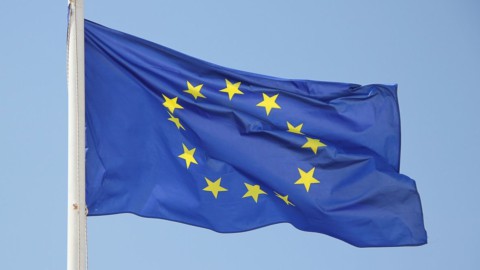The morning of August 6th, 1945, at 8:15 a USAF plane dropped on the city of Hiroshima in Japan an atomic bomb. Three days after the nuclear bombing was repeated on Nagasaki. The number of victims in Hiroshima was estimated at between 100 and 200 civilians; between 60 and 90 in Nagasaki. The shocking novelty was determined by the effects of atomic radiation, both immediately and in the years to come.
In terms of the number of civilian victims, the ''traditional'' bombing of Dresden from 13 to 15 February of that same year (thousands of civilians were hit by specific bombs even in shelters) by the Allies caused more serious damage, so much so that more than 250 deaths were estimated. In those August days of 1945 the world entered a new phase in the history of humanity: that of the discovery and use of weapons that could have annihilated it.
Although the use of nuclear power by the two Superpowers that after the Second World War divided the hegemony over the entire planet began from that date, the bombing of the two Japanese cities was the first and only wartime use of such weapons, although their development has experienced a dangerous upsurge in the following years.
Atomic bomb on Hiroshima and Nagasaki: the nuclear race begins
The nightmare of nuclear war it has oppressed humanity for decades, even following the entry of other countries into the atomic club. Indeed, on a geopolitical level we could say that the world - even if it does not realize it - is much less secure now in a situation of nuclear polycentrism than during the so-called balance of terror between the two sub-world empires.
The policy of détente also entailed bilateral and controlled disarmament agreements, as well as a commitment, not always crowned with success, to limit the number of countries that had the technology available for access to nuclear power (in this area, with the Memorandum of Budapest in 1994, Ukraine gave up 1.900 nuclear warheads inherited from the collapse of the USSR in exchange for a guarantee of security and territorial integrity.
The war in Ukraine and the nightmare of a nuclear conflict
The nightmare of nuclear conflict has returned to torment the world after Russia's aggression in Ukraine. Vladimir Putin makes instrumental use of the nuclear threat (perhaps for tactical use) and the Western world takes him at his word so as not to have to commit too much to the defense of the Ukrainian resistance.
Atomic bomb on Hiroshima and Nagasaki: interpretations diverge today
Going back to Hiroshima and Nagasaki, after so many years it is fair to admit that it is the winners of the wars who write history, because there is no doubt that those bombings could be configured as war crimes. It was then said - this was the official version - that the nuclear attack, which led to Japan's unconditional surrender (the war in Europe had ended in May) served to end hostilities without the Allies being forced to land on Japanese territory to conquer it meter by meter, as had happened in Germany, at the cost of hundreds of thousands of deaths.
Other reconstructions - also in the US - argue that Japan would not have been able to resist and would have surrendered anyway. The atomic bombing it would have been decided to verify the results of research on the splitting of the atom in which American scientists had preceded German ones. It is no coincidence that the tests had taken place, shortly before the mission over the skies of Japan, in the Nevada desert.
Finally, it is plausible that the US intended to make it clear to the allies - ie the USSR - who would be in charge after the war. Hiroshima and Nagasaki represent a crucial stage in humanity's Calvary. Woe to lose its memory. Especially in the presence of the most serious international crisis since the post-war period as the tragedy of Ukraine. Also because this affair has not only a local character, but has practically eliminated that strategy of détente which had characterized an entire historical phase starting from the 60s of the last century. The world is brought back to the threshold of a new (hopefully) cold war.





